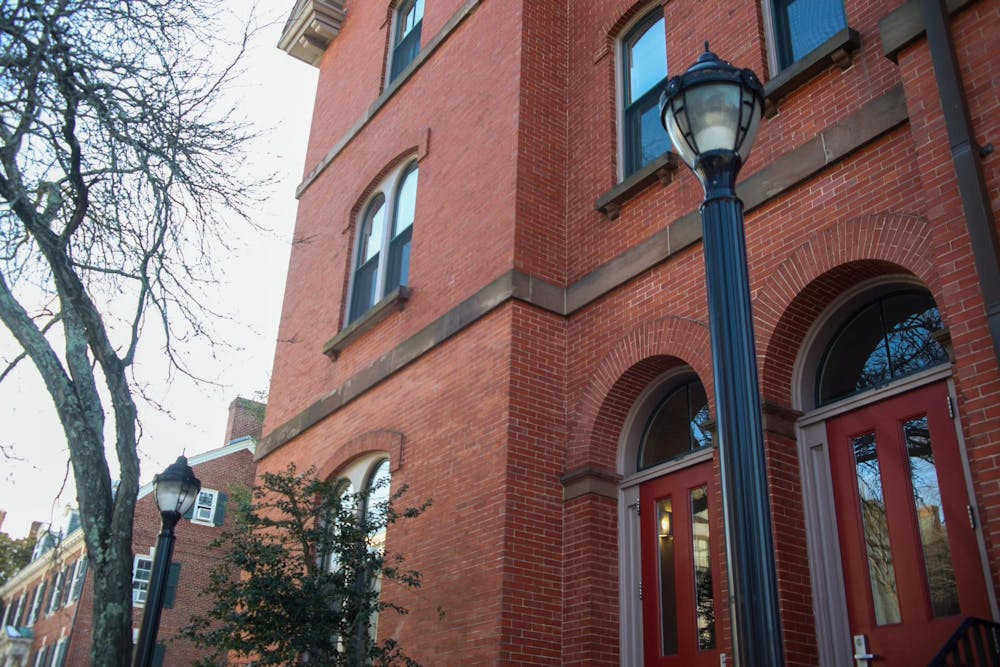Faced with a $46 million budget deficit, Brown predicts a decrease in the number of admitted PhD students this year. But University administrators remain confident that research will remain unaffected.
The University will reduce the budget growth for PhD programs from 6% to 4%, resulting in smaller cohorts of PhD admits in the coming academic year, according to a December announcement by Provost Francis Doyle and Executive Vice President for Finance and Administration Sarah Latham.
This decrease in admissions comes just two years after the University set out its Operational Plan for Investing in Research, which highlights a need for larger PhD and graduate programs to reach the University’s goal of furthering its position as a major research university.
“This measured reduction in our admissions target will have limited impact on our overall doctoral student population, especially as many students remain in their programs for five years or more,” Doyle wrote in an email to The Herald. “While this adjustment to admissions is necessary for the time being, we are hopeful that it will be a temporary measure.”
Greg Hirth ScM’87 PhD’91, the interim vice president of research, said that the University's research programs will remain “relatively stable,” adding that fluctuations in funding are normal. Despite cutting projected budget growth, the overall funding for graduate students will still increase by 4%, according to Hirth.
But Kevin LoGiudice GS, president of the Graduate Student Council, and Dominique Barnes GS, the GSC’s vice president of advocacy, expressed concerns for smaller departments — particularly in the humanities.
Barnes pointed out that the effects of a two-percentage-point reduction in the budget growth on a smaller program with around 20 students can be “huge” compared to a larger department with around 100 students.
Doyle affirmed that “it remains a priority to ensure that any reduction in admissions does not disproportionately affect smaller programs” in an email to The Herald.
Hirth said that new grants — which account for the increasing costs of supporting PhD students over time — could also offset the reduced budget growth.
On Monday, the new federal administration attempted to pause all federal loans and grants. The move was temporarily blocked by a federal judge on Tuesday. Paxson responded to the Trump administration’s actions in an email to the Brown community, where she reaffirmed Brown’s core research values.
“We recognize the critical role doctoral students play in Brown’s research enterprise, and we are dedicated to maintaining the vitality of our research endeavors, even with a smaller incoming cohort,” Doyle wrote to The Herald. “We will take multiple steps in collaboration with our academic program leaders to ensure that the training and experiences of our PhD students remain every bit as strong as they have been for years.”

Ian Ritter is a senior staff writer covering graduate schools and students. He is a sophomore from New Jersey studying Chemistry and International and Public Affairs. When he’s not at the Herald, you can find him playing clarinet or explaining the rules of kickball to confused listeners.





